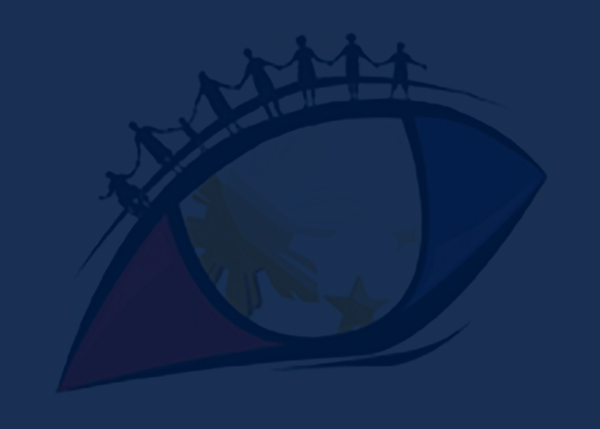Almost half a year into our collective response as a nation to handle the multi-faceted consequences and risks of the COVID-19 pandemic from Wuhan, we have come to grasp the strength of inter-sectoral action. Through collaborations between government, the private sector, and civil society organizations, we have been able to reduce the economic and public health damage of the Wuhan virus.
However, other issues have come to the fore, particularly the equally virulent virus of corruption, brought about by increased emergency powers, and exacerbated by a weakened free press. Besides the widely covered PhilHealth scandal, there is also the issue of proper usage and allocation of the massive funds being acquired to respond to the COVID crisis. To give a sense of the sheer size of these funds, the Department of Budget and Management has reportedly released an estimated Php 376.57 billion to various government agencies for anti-COVID efforts.
Given the success of inter-sectoral collective action, it only makes sense that we harness these same tools to build public trust, accountability, and transparency—the keys in preventing corruption and strengthening democratic institutions.
On the 28th of August, Stratbase ADR Institute, in collaboration with Transparency International-Philippines held a virtual town hall discussion to celebrate 25 years of TI – Philippines’ continuous anti-corruption efforts to galvanize academe and civil society in fighting the pandemic of corruption. During the discussion, representatives from international think tanks, anti-corruption advocates, and the academe shared their perspectives on responding to corruption. A threat, not only to the effectivity of multi-billion funded COVID-19 programs, but also the integrity of our democratic institutions and the public’s trust.
In the same way that digital solutions have allowed us to adapt to the “new normal,” technology, particularly that which harnesses the power of big data, has immense potential when it comes to addressing the systemic issues of corruption. Digital tools with built-in accountability systems, unlike punitive responses and drawn-out court battles, will automatically impose accountability, and transparency. A secure digital safeguard to discourage corrupt practices.
Furthermore, using technological aids such as AI, blockchain, and cloud-based technologies exposes the otherwise hard to track forms of graft such as what Senate President Pro Tempore Ralph G. Recto aptly termed in a recent press release as budgetary “passing-the-buck,” where funds instead of being translated into the delivery of goods and services are parked in other agencies, giving the illusion of spending.
However, such technologies cannot be effectively harnessed without two key elements: properly collected data, and reliable ICT infrastructure. As such, we at Democracy Watch call on the government to collaborate with civil society and the private sector as we move into a new normal. We must work together to remove unnecessary barriers that hamper data collection, restrict freedom of information, and stunt the speedy building of our ICT infrastructure.
Paco A. Pangalangan
Lead Convenor, Democracy Watch Philipines
Executive Director, Stratbase ADR Institute

